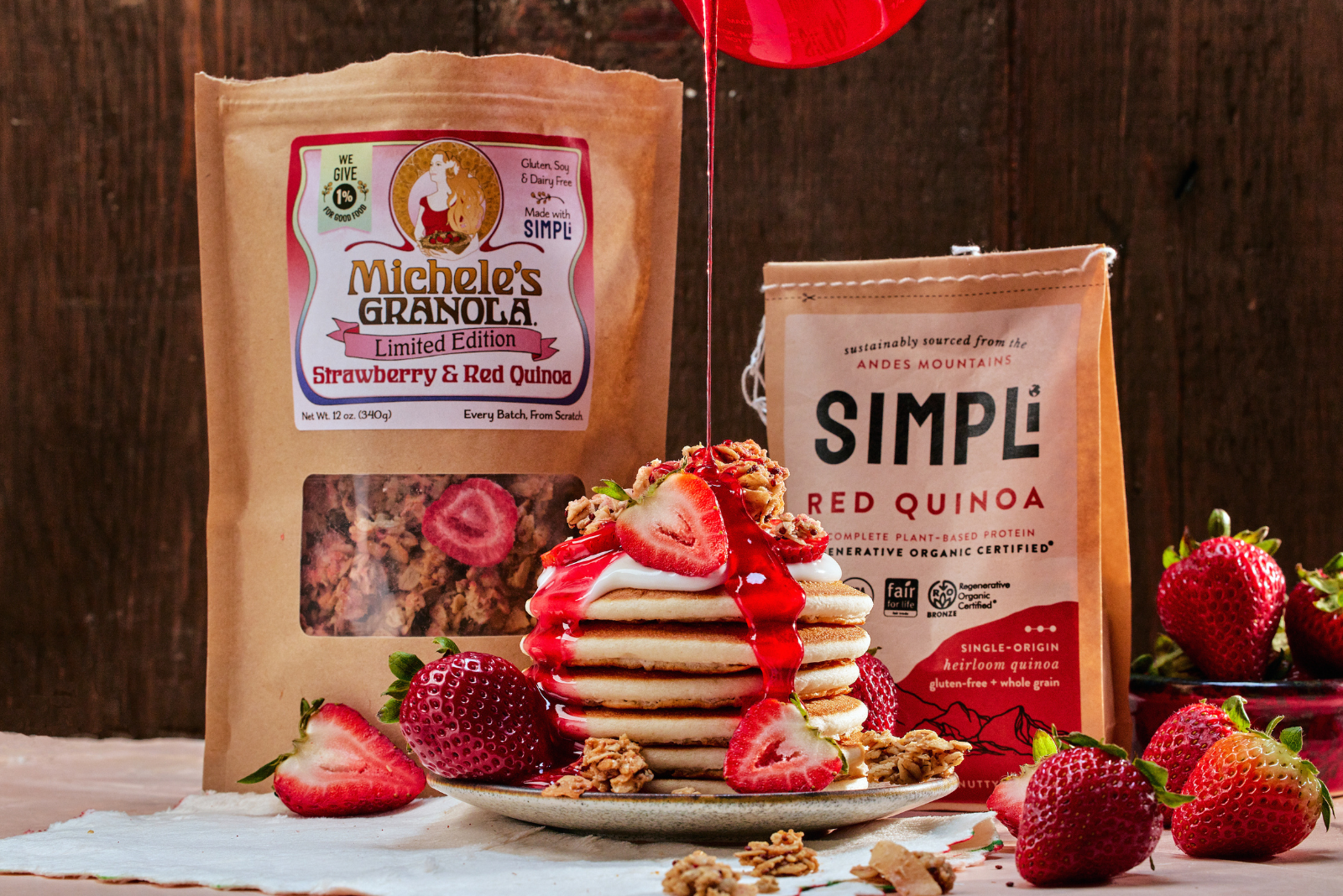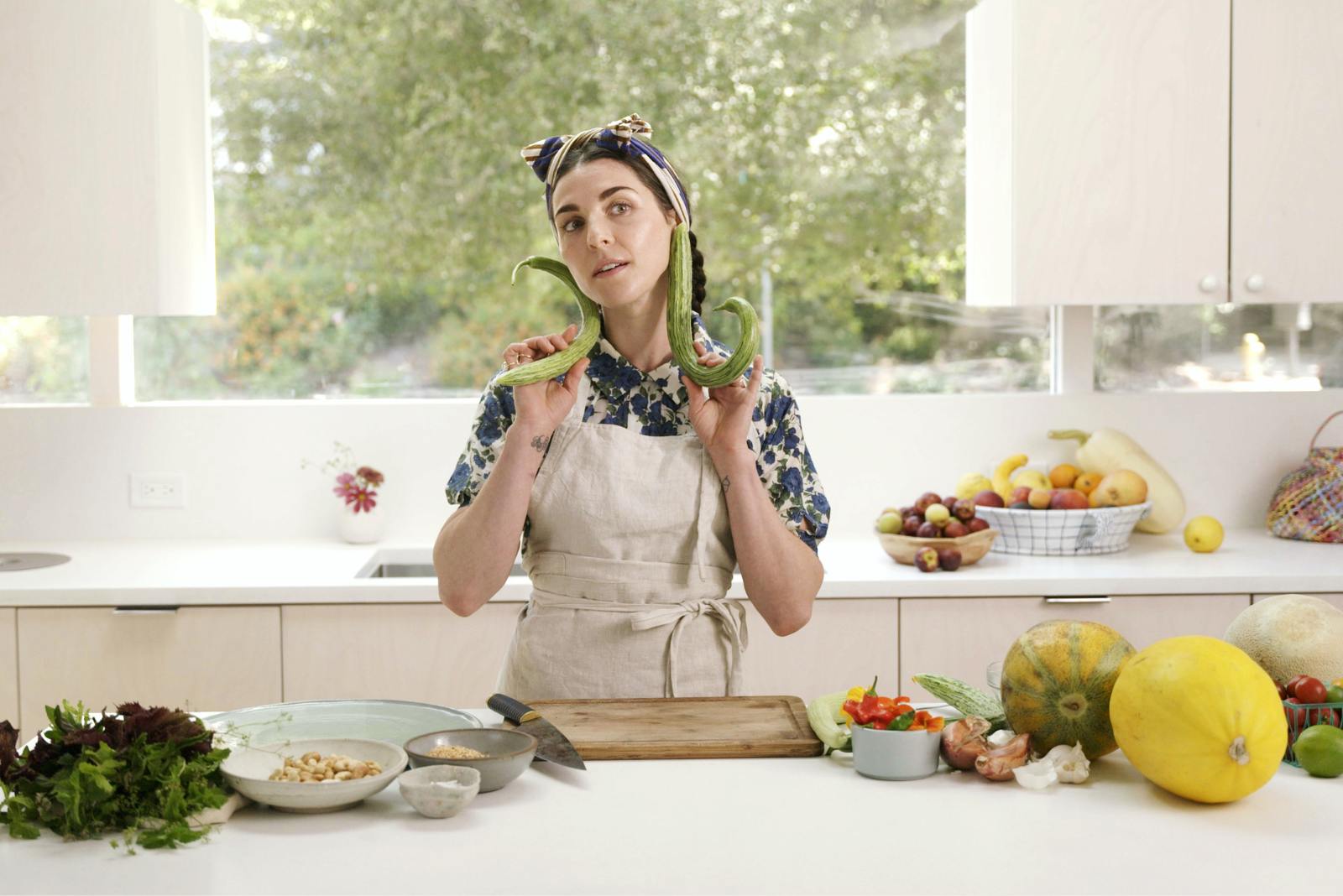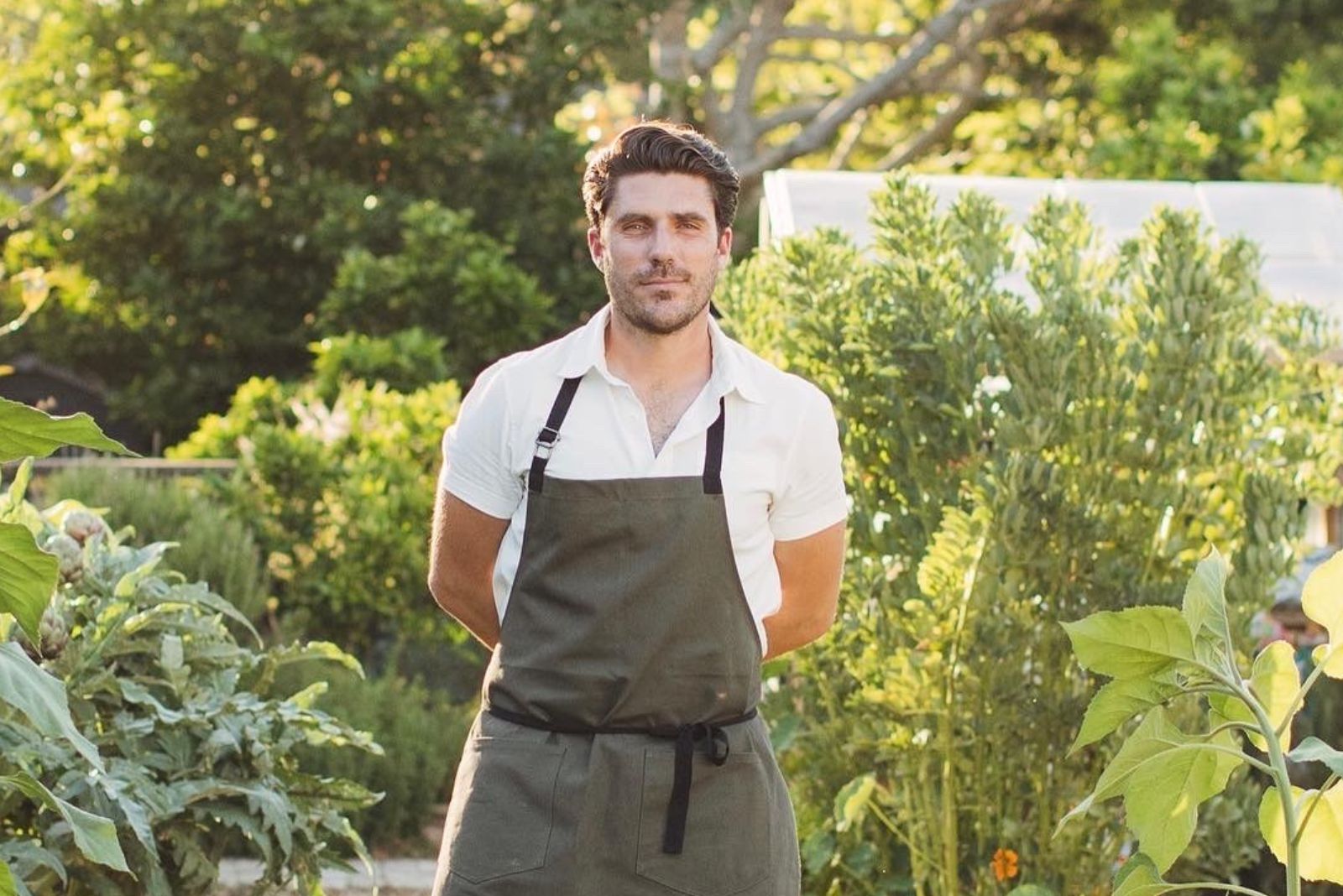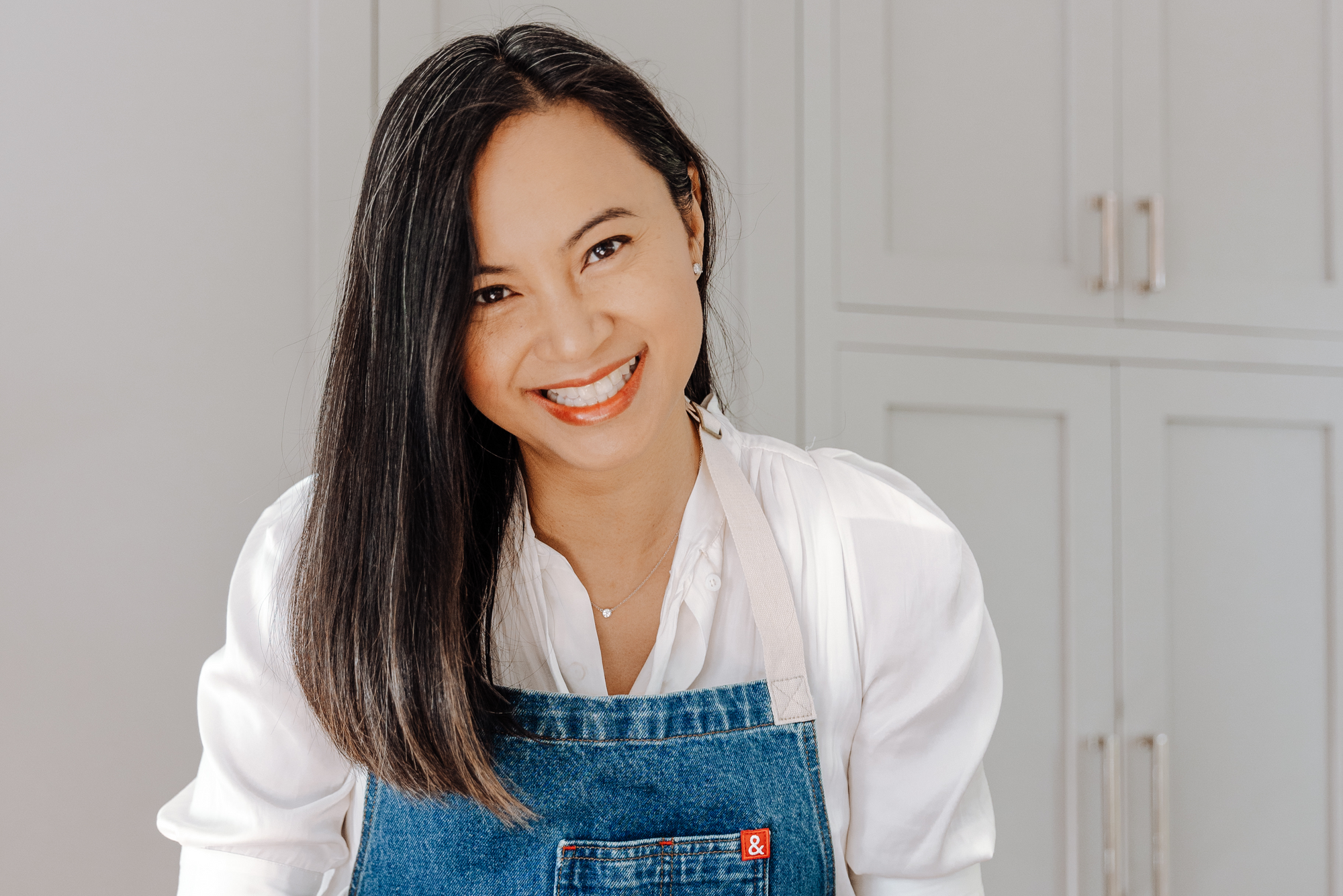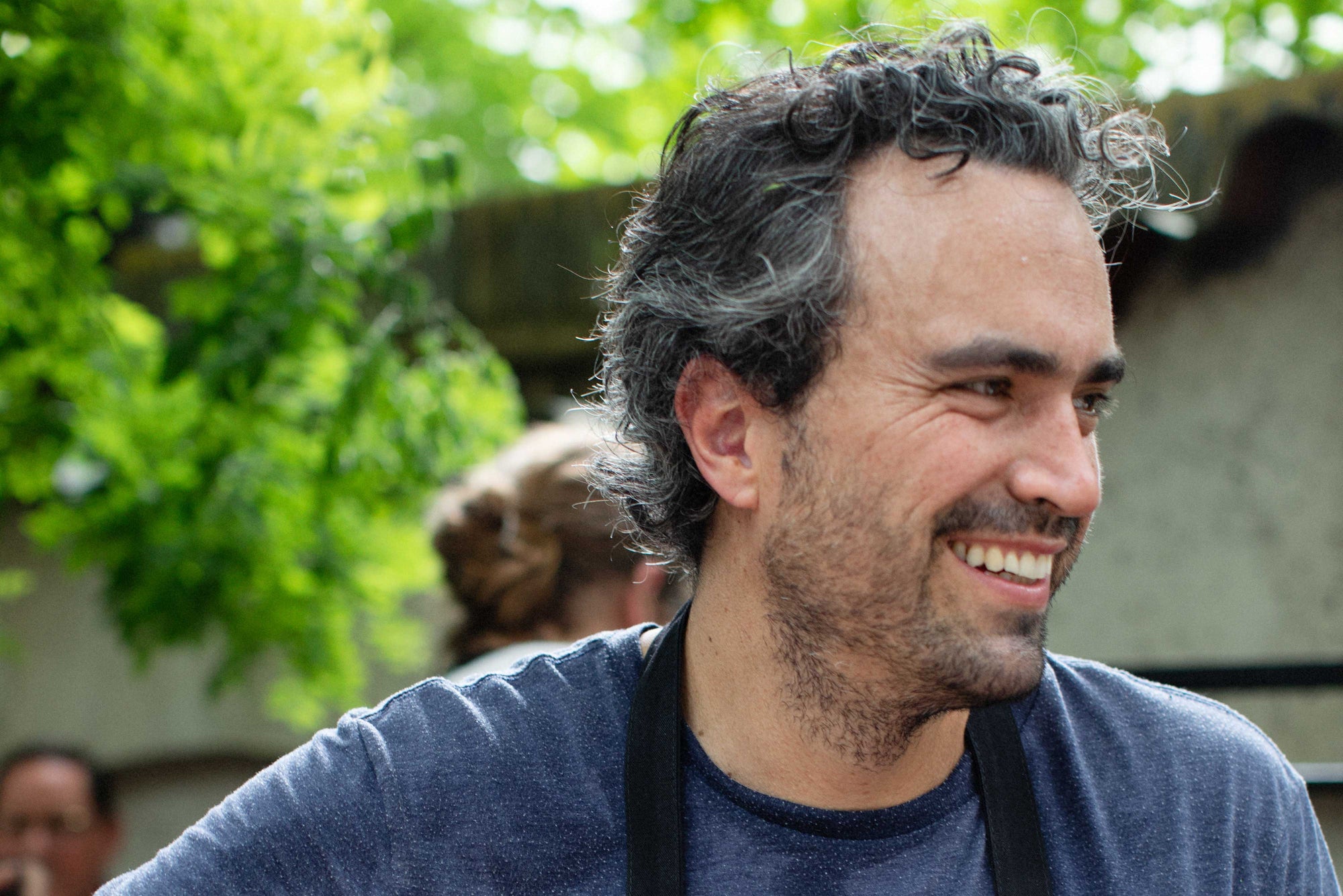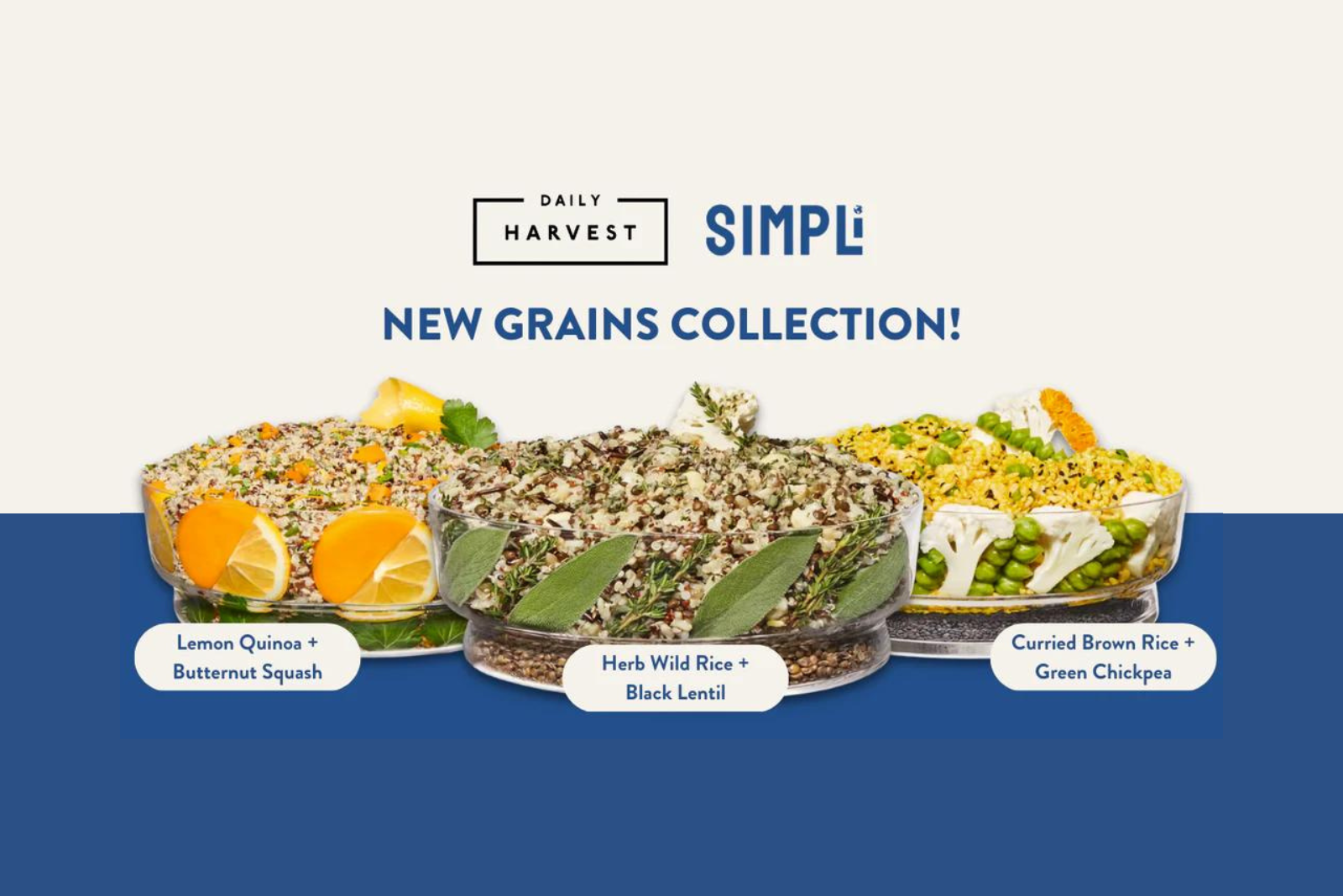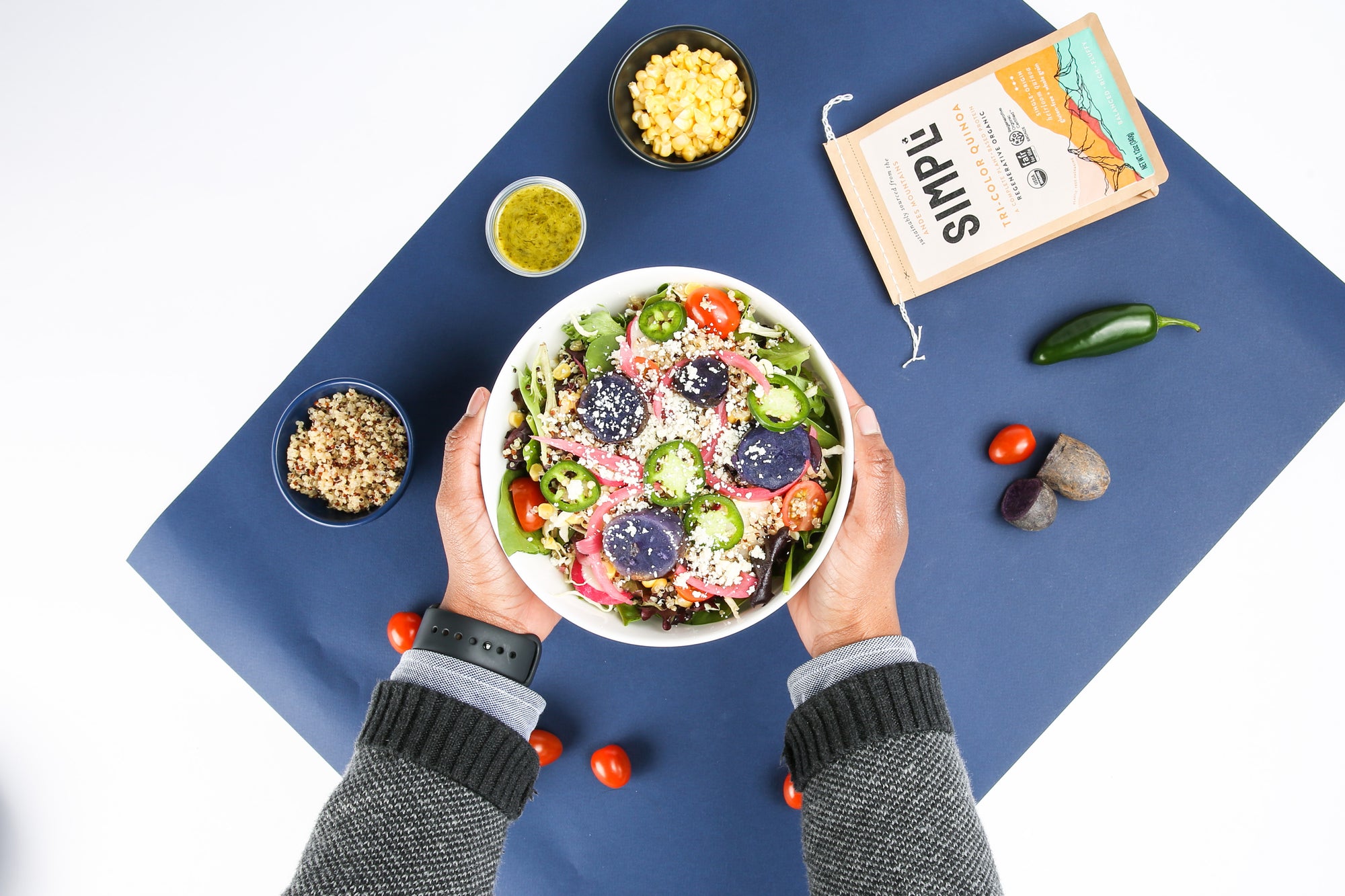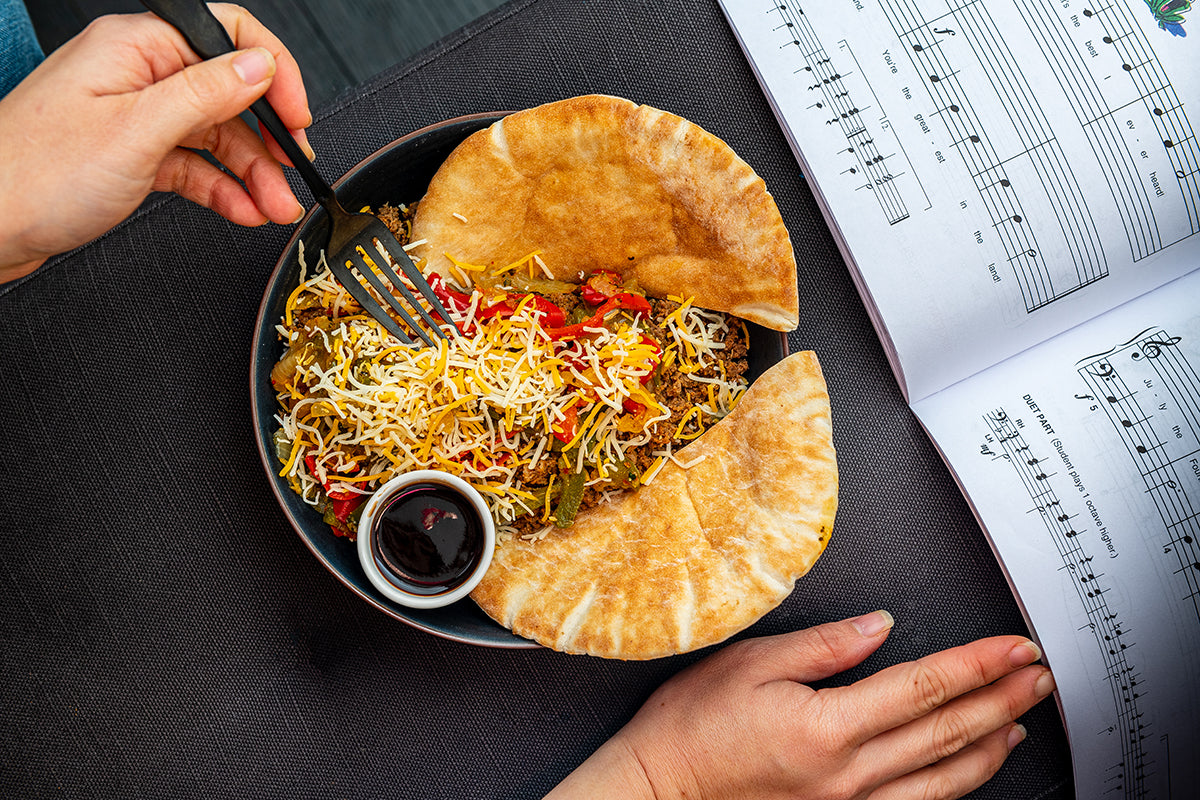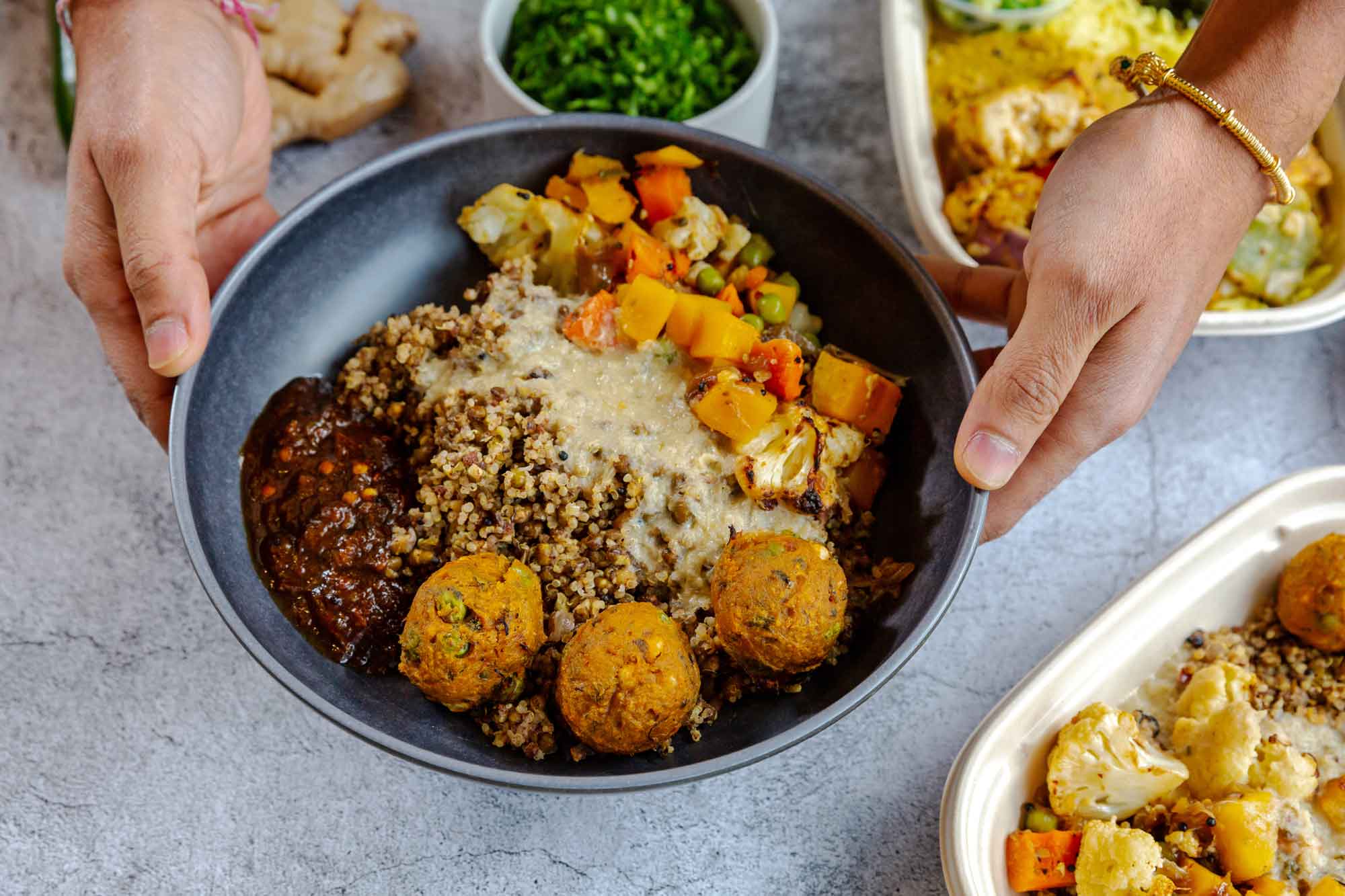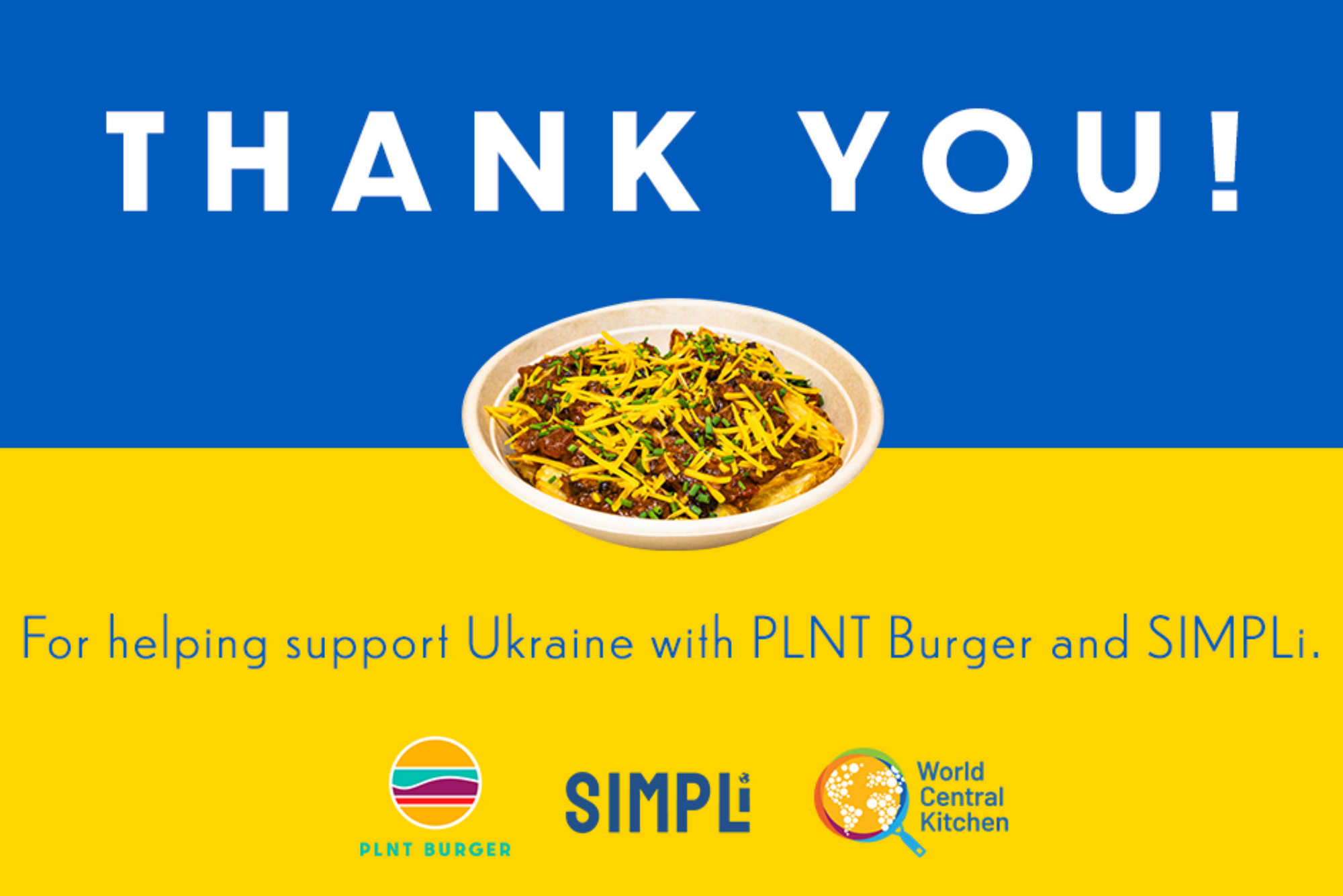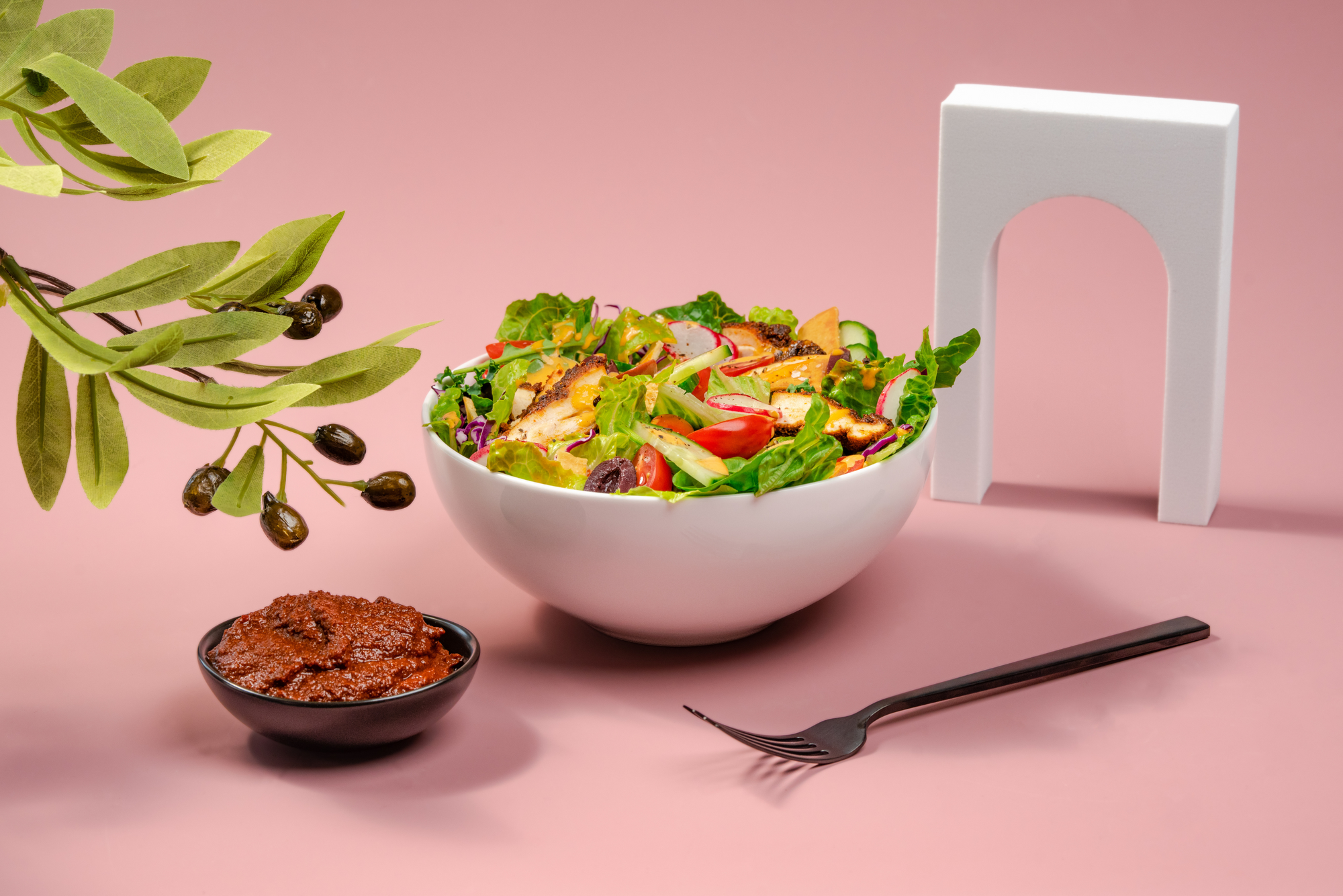In continuation of our Culinary Tastemaker Series, we are thrilled to spotlight Daniella Senior Alvarez, CEO & Founder of Colada Shop and Culinary Ambassador to the US State Department. In this delightful conversation, Daniella shares the intricate tapestry of her heritage, unveiling the stories, experiences, and cherished memories that have profoundly influenced her culinary journey and joyous relationship with food that is nothing short of inspiring.
At SIMPLi, we firmly believe in the transformative power of food—its ability to weave the fabric of our lives, forge meaningful connections, and radiate positivity in our interactions with the world and those around us. The privilege of sharing Daniella's narrative resonates deeply with our commitment to fostering a community where the love for food transcends boundaries.
Join us each month as we continue to spotlight visionaries like Daniella, unraveling the diverse tapestry of cultural roots that shape our vibrant world of food.
Interview with Daniella Senior
SIMPLi: Can you share a bit about your heritage and how it has influenced your culinary journey?
Daniella: As a Dominican chef, my cooking style is heavily influenced by the rich and diverse food traditions of the Dominican Republic. A main component of this has been the rich and organic produce that is readily available on the island—from plantains to mangoes.

Photo credit: Colada Shop
SIMPLi: Are there any memorable food-related experiences that you draw inspiration from in your craft?
Daniella: I have memorable food-related experiences surrounding baseball; it was such a big part of our family gatherings. The joy of preparing and sharing dishes with my aunts and uncles has left a lasting impression on me. Also, the vibrant street food scene in the Dominican Republic is a treasure trove of inspiration. From enjoying empanadas and chimichurri sandwiches at local food stands to savoring fresh fruit from street vendors, these experiences have shaped my appreciation for authentic, flavorful street food.
SIMPLi: Are there any specific ingredients, techniques, or flavors from your heritage that you regularly incorporate into your cooking?
Daniella: Some of the specific ingredients, techniques, and flavors that I regularly incorporate into my dishes include:
-
Sofrito: Sofrito is the heart and soul of Dominican cuisine. It's a mixture of sautéed onions, peppers, garlic, and tomatoes, and it forms the base of many of my savory dishes. The rich aroma and depth of flavor it adds are unmistakably Dominican.
-
Plantains: Plantains are a versatile ingredient that I use in various ways. Whether they are fried to make tostones or sliced thinly and turned into chips, plantains provide a delightful crunch and a hint of sweetness to many of my dishes.
-
Adobo: Adobo is a spice blend that includes ingredients like garlic, oregano, and black pepper. It's used to marinate meats and add a burst of flavor to stews and grilled dishes.
-
Rice and Beans: The combination of rice and beans is a Dominican staple. Whether it's Moro de Habichuelas (rice with beans) or Arroz con Gandules (rice with pigeon peas), this pairing is a common thread in my menu, offering comfort and familiarity.
-
Fresh Seafood: Being an island nation, the Dominican Republic is blessed with an abundance of fresh seafood. I take advantage of this by featuring dishes like seafood stew (Asopao de Mariscos) and garlic shrimp (Camarones al Ajillo) on my menu.

Photo credit: Colada Shop
SIMPLi: Can you share an example of a dish that beautifully represents the intersection of your heritage and your craft?
Daniella: One dish that represents the intersection of my heritage and my craft is my Asopao de Mariscos—I take the essence of this very Dominican dish but incorporate European techniques of making fumet, cooking short grain rice, and extracting flavors.
SIMPLi: How do you see your role in preserving and sharing the culinary traditions of your heritage with a broader audience?
Daniella: I see my role as one of responsibility to bring awareness of the bountiful and beautiful food that the Caribbean has to offer. I approach this not only in the culinary aspect but also the social aspect with our spaces, meaning the music, vibrant colors, and hospitality.
SIMPLi: Do you believe that food plays a unique role in preserving cultural traditions, and if so, how?
Daniella: Absolutely, food plays an integral and unique role in preserving cultural traditions in the Caribbean and beyond.
Traditional recipes and cooking techniques are often passed down through generations. They serve as culinary time capsules, preserving the flavors, ingredients, and methods that define a particular culture's history and heritage. When we cook and enjoy these dishes, we connect with our ancestors and keep their traditions alive.
Many Caribbean dishes are rooted in historical events and the influences of various cultures, such as African, Indigenous, European, and Asian. For example, dishes like Jerk Chicken in Jamaica or Roti in Trinidad and Tobago tell stories of migration, colonization, and cultural exchange. By continuing to prepare and savor these dishes, we honor the complex history of the Caribbean.
Food is a powerful vessel for preserving cultural traditions in the Caribbean. It carries the history, flavors, and stories of our diverse region, allowing us to celebrate our heritage and share it with the world.
SIMPLi: Food plays a significant role in celebrations for many cultures. Is there a particular recipe that reminds you of home or a cherished family tradition?
Daniella:
Pastelitos de Picadillo
yields 6-8
Ingredients
Filling
-
1 cup of Sofrito (bell peppers, tomato, onions, garlic, cilantro)
-
1/2 pound ground beef
-
1/4 cup cream sherry wine
-
1/4 cup dried raisins
-
1/4 cup chopped manzanilla olives
-
salt and pepper to taste
Dough
-
2 puff pastry sheets
-
1 egg (egg wash)
Simple syrup
-
1/4 cup white sugar
-
1/4 cup hot water
Method
-
Cook all ingredients on medium to high heat to make filling. This should be similar in texture to a bolognese sauce.
-
Once cooked, cool filling and mix. This is important as you want some of the rendered fat to combine and become one mixture.
-
Using a cookie cutter (2”), stamp out 12-16 rounds of puff pastry.
-
Add a small scoop of filling and place a round on top, then crimp like a ravioli.
-
Prick the dough on top, this allows steam to be released while baking. Then brush on egg wash—this gives shine.
-
Bake pastelitos in a 375-degree oven for 20-25 min, or until golden brown.
-
Once your pastelitos are ready, brush simple syrup on top and let cool slightly.
SIMPLi: Food has a unique power to connect people across cultures. How do you hope your culinary creations contribute to a broader appreciation of your heritage and culture?
Daniella: We love to interpret Caribbean dishes with flavors from around the world. A great example of this is at Colada Shop, we always feature chefs from different backgrounds for their take on either an empanada or sandwich. Recent collabs have included a Vietnamese empanada by chef Kevin Tien and a Palestinian Cuban sandwich by chef Marcelle Afram. These collaborations bridge the gap between cultures.
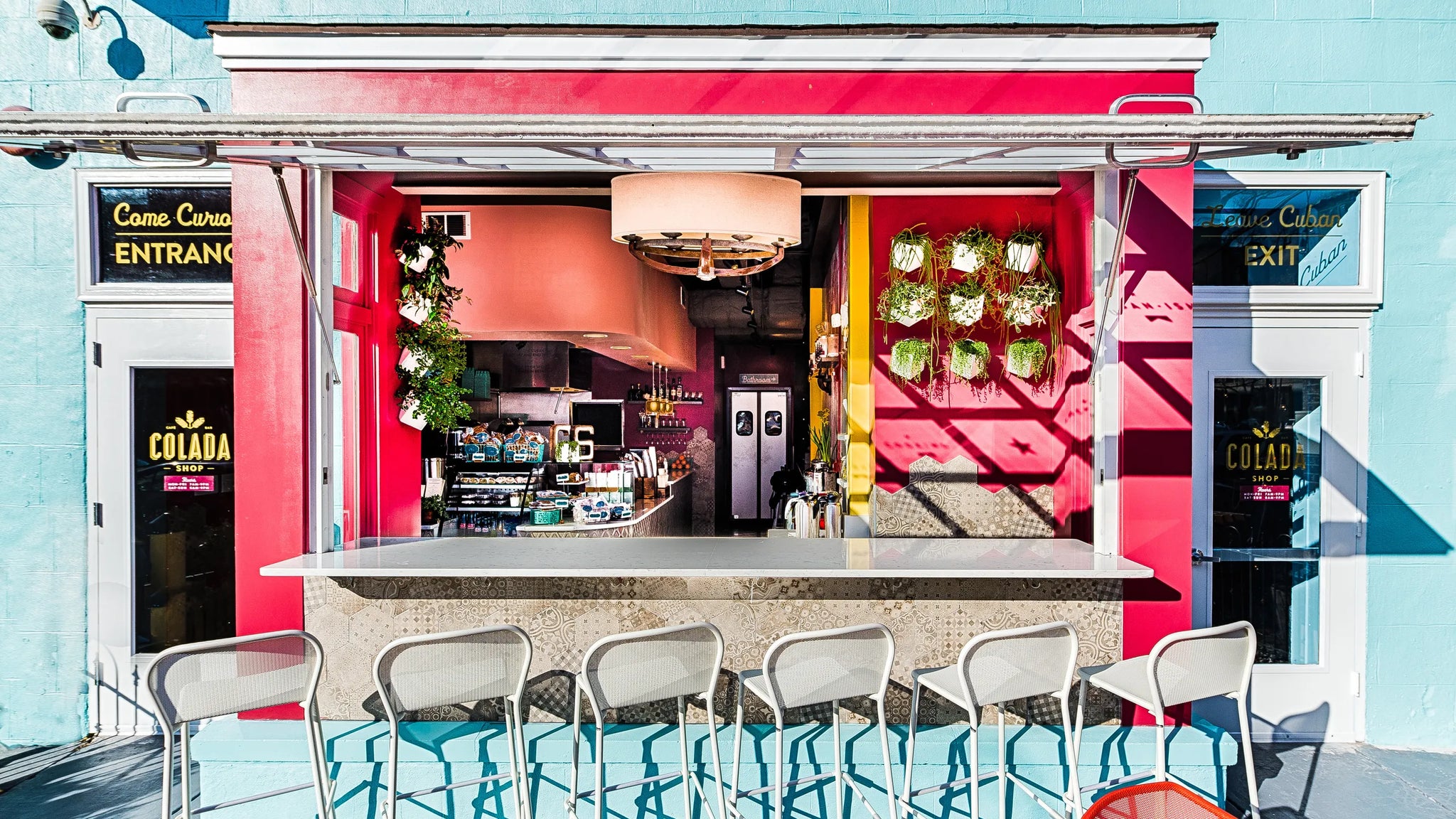
Photo credit: Conde Nast Traveller
SIMPLi: On what ways do you strive to educate or expose others to the richness of your cuisine and culture through your work?
Daniella: I strive to be an ambassador of Dominican, Caribbean, and Latin American cuisine and culture, creating opportunities for others to savor the flavors, learn about our traditions, and gain a deeper appreciation for the diversity and richness of Dominican heritage.







